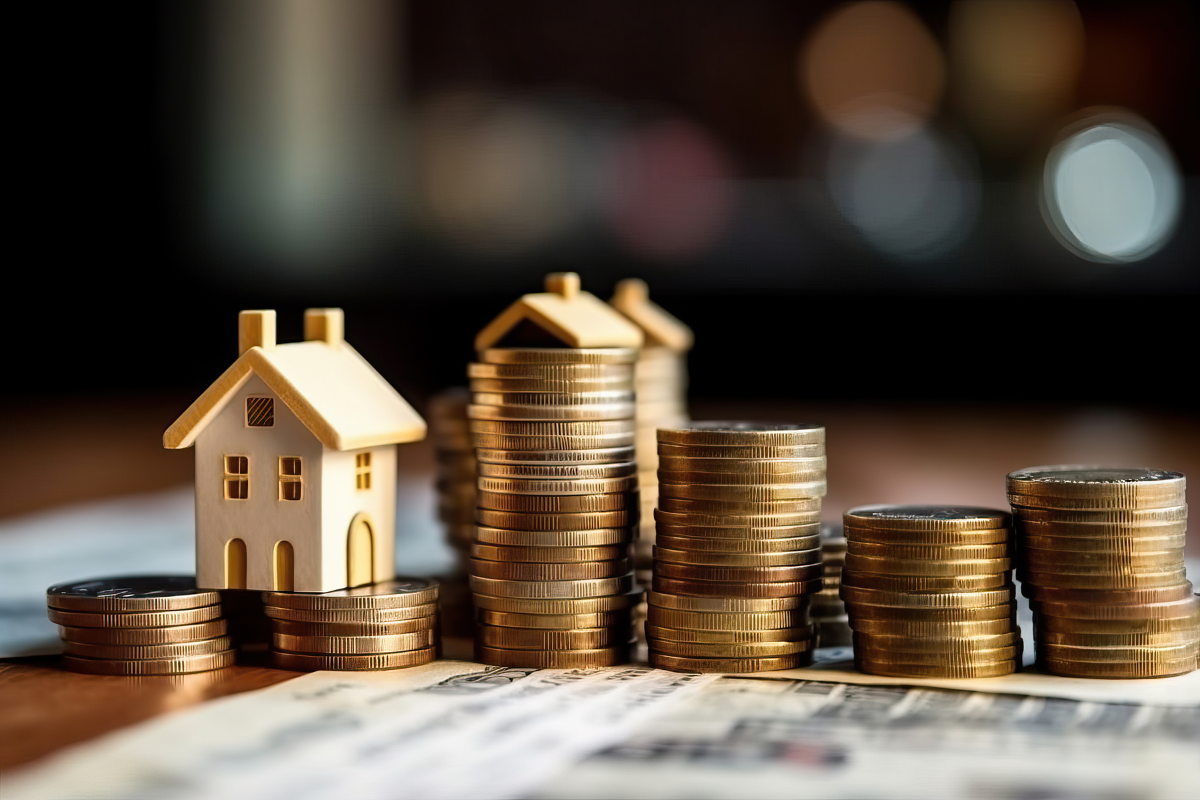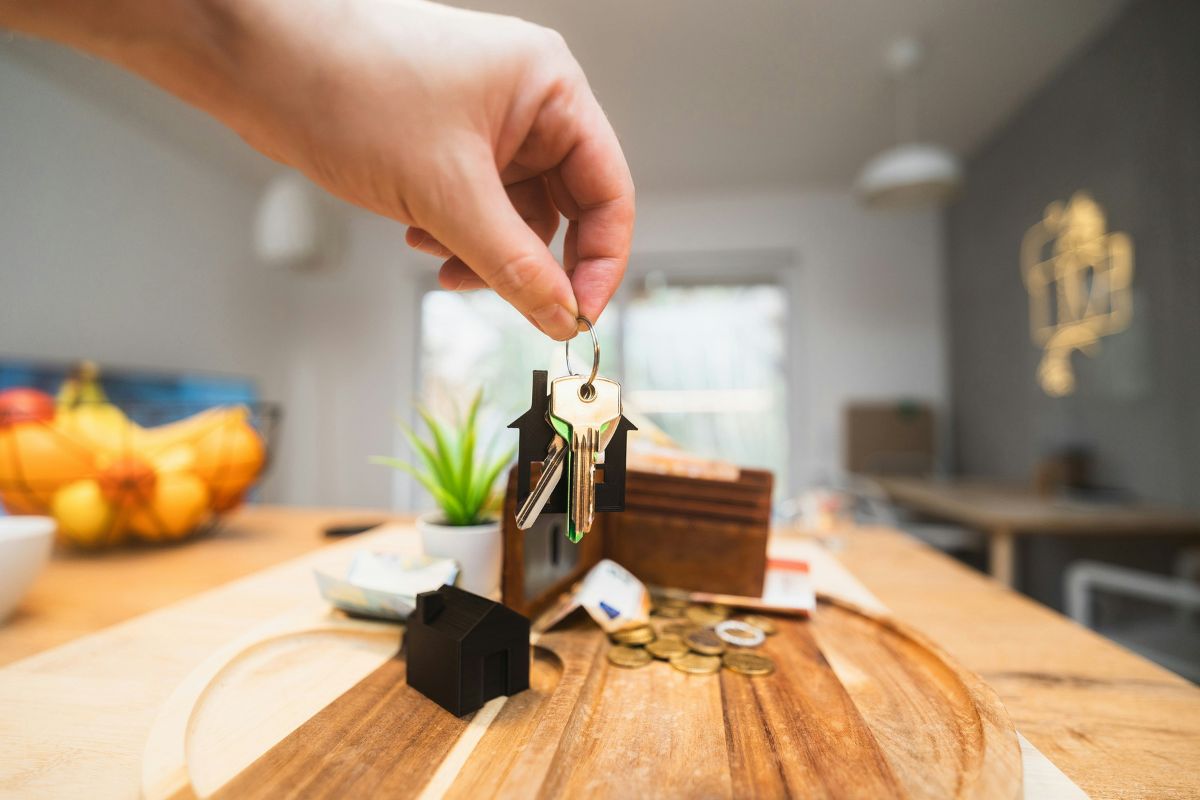Property Depreciation vs. Appreciation
Of all the things that cost you money in life, the best thing about property is that it becomes worth more the longer you have it, unlike your car, which the old cliché tells us loses 30% of its value as you drive it off the lot.
Cars lose value over time, so they ‘depreciate’, Property gains value over time, which means it ‘appreciates’.
It should be simple, but recent reports from CoreLogic and PropTrack showing a rise in ‘loss-making’ property sales in 2023 prove that sometimes, making money from property is complicated.
Contributing factors
Market forces can decide whether your property appreciates or depreciates, especially if you buy and sell it in the short term. The reason for this year’s loss making resales is largely that a whole lot of people used the 0.1% cash rate to buy property, which was booming during the Covid pandemic.
As interest rates rose over the past 18 months, the market corrected and some people could no longer make repayments on their homes. So they sold, for less than the inflated price they had purchased it. Their properties depreciated.
Similar things have happened to investors who bought in mining towns at the top of a boom, only to see their values and asking rents plummet when mines ceased operation.
Effects of depreciation
A property losing its value can have devastating effects for both owner-occupiers and investors. If you are forced to sell for a loss, you might find you don’t get enough money from the sale to pay back the mortgage to the bank. This can cause immense financial pressure, put other possessions at risk of bank repossession and result in years of hard work to recover from.
If you had used initial equity in the property to invest further, there could also be a major flow on effect to the rest of your wealth, or that of your relatives.
Much appreciated
Achieving appreciation on your property is a relatively basic proposition. The longer you hold onto it, the more likely it will appreciate in value. Even if you spend too much on it at time of purchase, it won’t matter as long as you don’t sell it right away. If you hold it for 10 years you should go through at least one full property cycle in which it would have recovered and grown again in value.
PropTrack data shows Australians hold properties for approximately 9 years on average. This data is skewed by the majority of holdings being owner-occupied. But many investors look to hold properties for much longer.
- Invested founder Nathan Birch, for example, does not like to sell his assets unless it strategically makes sense. He may sell ones that have performed well in order to pay off debt on other assets, or leverage into further purchases with value upside. But generally, he holds his assets and watches the rental income and value continue to rise over time, while the debt is reduced.
If the rental income on an investment property is enough to pay it off, you may choose to hold onto the asset forever. With enough unencumbered, income generating properties in your portfolio, you can create serious intergenerational wealth that you pass on to your kids and grandkids.
Building wealth and amplifying appreciation
One of the great gifts of appreciation is it can be put to use to turbo boost further wealth creation.
If your owner-occupier or investment property has increased in value, you can use equity to invest in more assets.
Say your property has gone up by $100,000 in value over time, and you want to invest in another property, you can use a portion of the value increase as a deposit on your next asset, rather than having to save a deposit in cash.
Once the next property increases in value, you can repeat the process by using equity from that one to get another one. If you make smart decisions you can find that you accumulate a multiple property portfolio from the equity of your first property.



